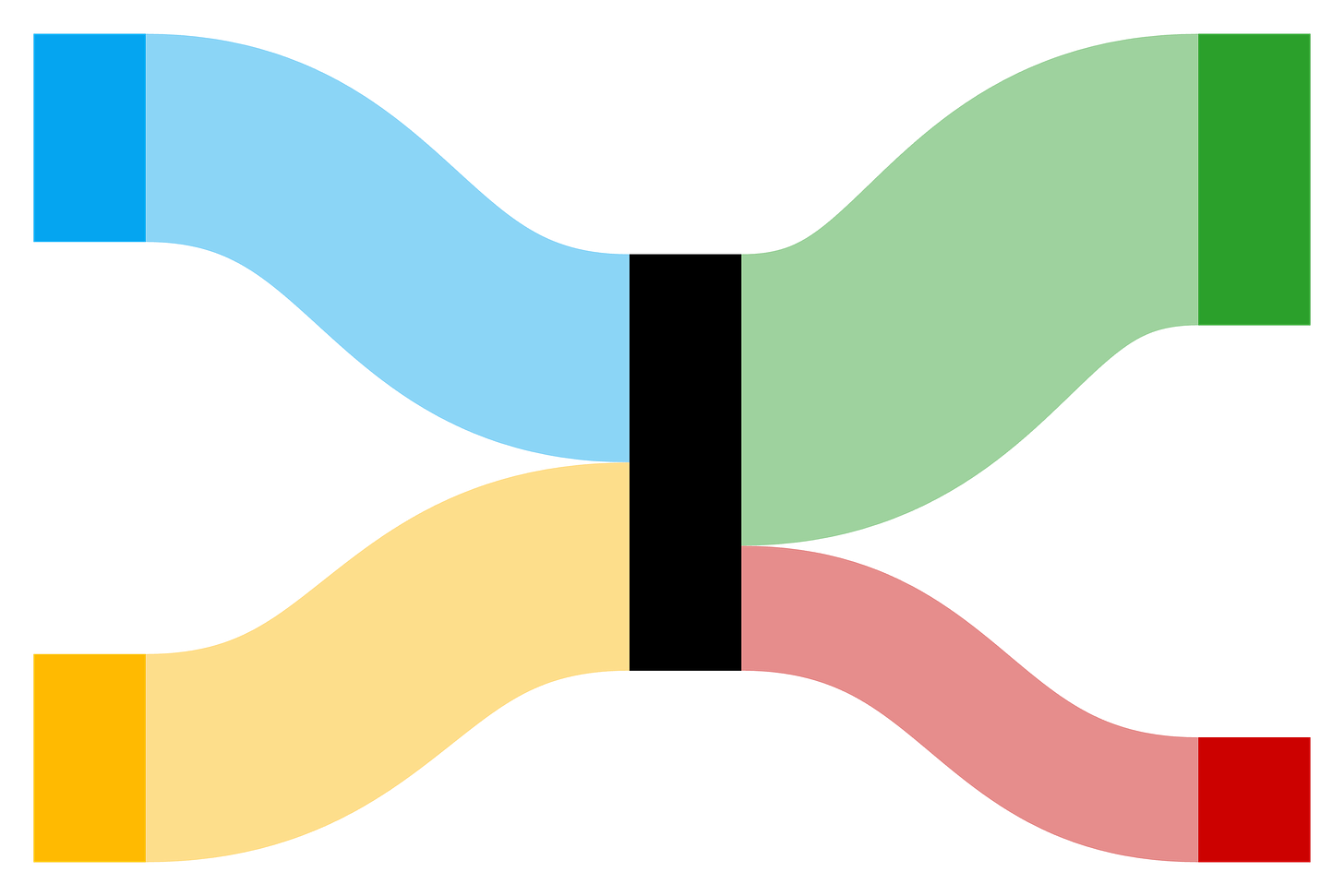$ PayPal & Block: Peer-to-peer
From commerce to P2P, how the two fintech giants make money
Greetings from San Francisco! 👋
Welcome to the new members who have joined us this week!
Join the 36,000+ How They Make Money subscribers receiving insights on business and investing every week.
In the rapidly evolving landscape of fintech, how did PayPal and Block (previously known as Square) emerge as key players?
The answer lies not just in their role as acquirers, enabling merchants to accept electronic payments, but in their broad range of services that extend from commerce to peer-to-peer transactions.
Our previous article covering Visa & Mastercard highlighted the diverse players in the payment ecosystem.
Acquirers enable merchants to accept electronic payments. They can be financial institutions or independent payment processors. Both PayPal and Square fall into this category. However, there's an even deeper layer of complexity to consider when it comes to these two fintech giants.
The entire fintech category is trading more than 60% from its 2021 peak, as reflected by the Global X FinTech ETF (FINX). And PayPal and Block are no exceptions. Both stocks are trading more than 80% off their previous high. 👀
In this article, we’ll explore:
The rise of two fintech titans
How PayPal pioneered digital payments
The multifaceted ecosystem of Block
Risks & Opportunities
What to watch looking forward
Let’s dive in!
1. The rise of two fintech titans
PayPal (PYPL), founded in 1998, revolutionized online payments and currently stands as one of the largest online payment systems globally. With a suite of services that includes peer-to-peer payments, online purchases, and business transactions, it boasts a market cap of nearly $70 billion as of this writing.
Over the years, PayPal has expanded its portfolio through critical acquisitions such as:
2013: Braintree (mobile payment service) $800 million.
2013: Venmo (peer-to-peer payment) $26 million.
2015: Xoom (electronic funds transfer service) $890 million.
2018: iZettle (payment, point of sales) $2.2 billion.
2019: Honey (cashback, online coupons) $4 billion.
2021: Paidy (Japanese deferred online payments) $2.7 billion.





